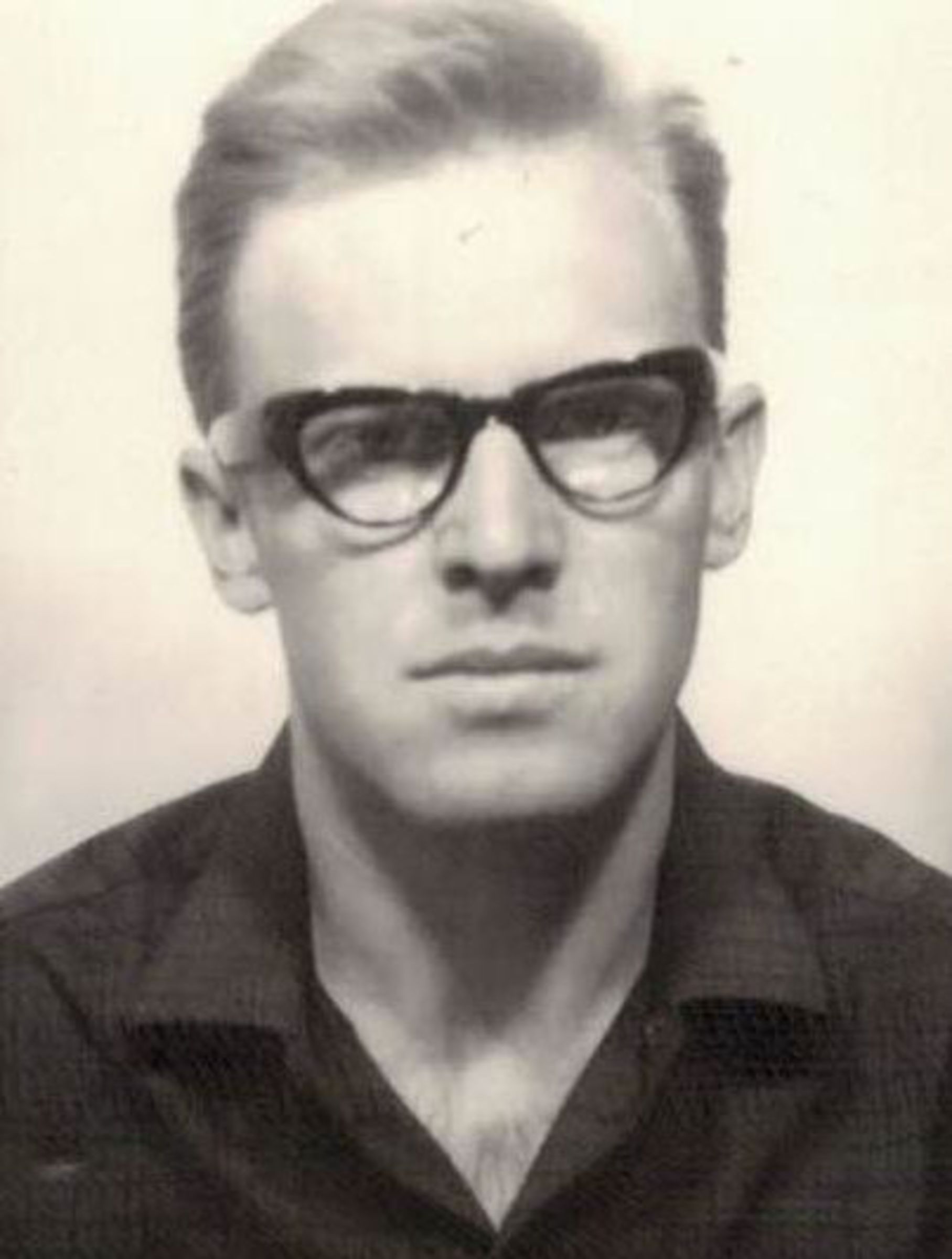To put myself at the disposal of the „higher authority“

Stáhnout obrázek
Jaromír Dus whose family from his father´s side professed the Protestant faith even prior to the Tolerance Patent of 1781, was born in Brno on 28th August 1938. According to the tradition, as the oldest of 4 children, he went on to study theology. Briefly, he served in Prague, Vršovice before the Communist authorities cancelled their approval for him to work as a minister. This lasted for 17 years. All this time he was employed in different jobs as a manual worker. In 1971 he was sentenced to 15 months of imprisonment for „subversion of the republic“. He was again granted approval to work as a minister in 1989 and served in Prague, Vinohrady. The final stage of his professional life was in the Ministry of Defence, where he helped establish military chaplaincy in the Czech Army. Today he lives in Prague Libeň. He is still active within the Evangelical church and has two grown-up children.

































